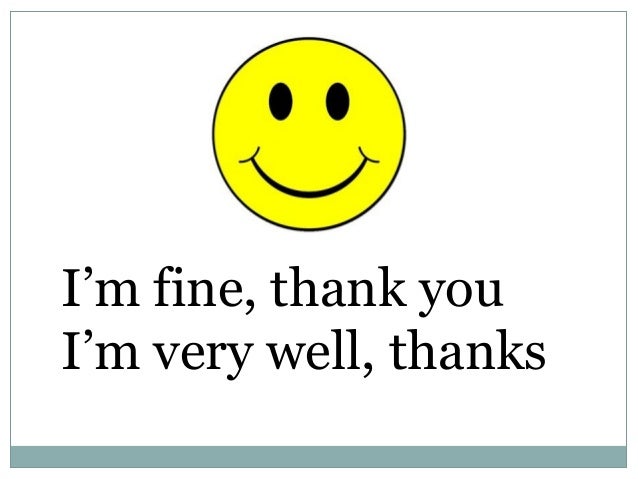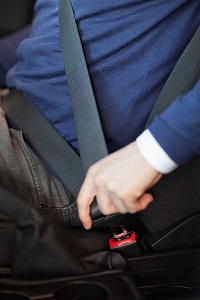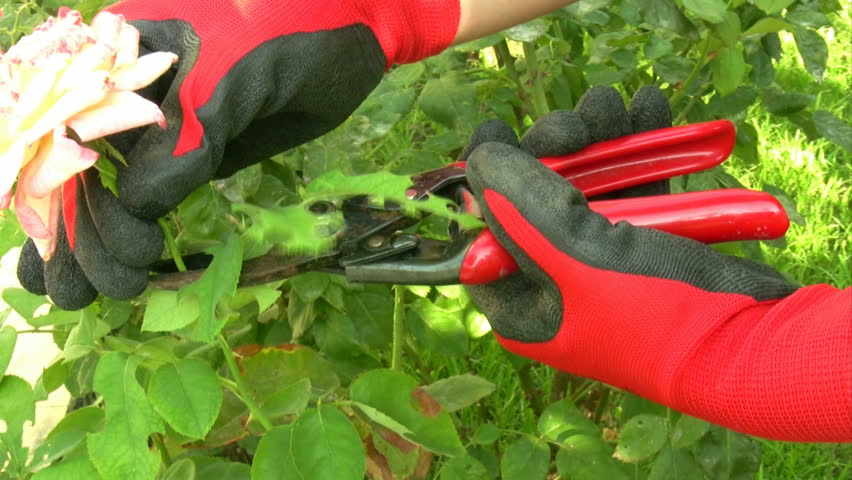Today I'm presenting one of the most interesting quirks in the English language: auto-antonyms. As you know, antonyms are two words with opposite meanings. Antonyms are quite good for students to learn adjectives. The antonym of 'high' is 'low', the antonym of 'wet' is 'dry' and the antonym of 'cheap' is 'expensive'.
An auto-antonym, however, is one single word but with different and contradictory meanings. There are several auto-antonyms in English as you can see ion my list down below:
- Back: As an adverb, the most common definition is 'in the past' as seen in the sentence: 'back in the eighties, people used to wear baggy trousers. However, it can mean 'the final part' as in 'he found the information in the back pages of the book'.
- Dust: As a verb, one of its meanings is 'to remove the dust from furniture or other objects' as in 'they dusted the tables of the living room because they were really dirty. However, it has another opposite acceptation: 'to apply dust particles to objects' as in ' he dusted the plants with insectide' or 'Paul likes dusting all his cakes with chocolate'
- Fast: You know this adjective and adverb pretty well. It is a synonym for 'quick' or 'quickly' as in 'Peter is a fast driver' or 'Peter drives fast'. In this case, 'fast' means 'in movement'. Nonetheless, on other occasions, 'fast' is associated with more static meanings. It can mean 'firm' as in 'the door was shut fast' (this latter sentence can be ambiguous).
- Clip: You are probably familiar with the meaning of this word due to the object we have in Spanish with the same name. It normally means 'to join together tightly' as in the sentence, the secretary clips documents every day. Nevertheless, it can have a meaning linked to separation 'to cut off or out (with clippers)'. Gardeners, for examples, often have to clip plants or flowers (thus, separating them from their hedge).
- Fine: As an adjective, it may mean 'OK' as in response to the question 'how are you ?'. It may go far beyond that meaning. When we refer to a fine wine, we indicate that it is high-quality wine. It can possess a negative connotation: a fine glass is a delicate glass, a glass that will break easily; and if you receive a 100 euro-fine (for driving fast for instance), you won't be very happy.



- To weather: Well, most of you will know that 'weather' is a noun related to the climate, but it can also be a verb. As a verb, it is closely related to the verb 'erode', as in 'the rocks are usually weathered by the wind.' In the previous sentence, its meaning is associated to weakness, but in other cases, it means 'to withstand', 'to resist' as in 'writers often have to weather devastating critiques.'
- Ever: This adverb is quite confusing. It can mean 'sometimes' in interrogative questions (usually with the present perfect) as seen in the sentence: 'have you ever been to Paris ?'. In spite of this, it can have an opposite meaning, it can work as a synonym for never, as the lyrics of the famous song by Taylor Swift: 'we are never ever ever getting back together'. It can even mean 'always' as in 'he is an ever busy man.'
- Any/either: In negative sentences, they mean 'no', e.g. 'the students didn't have any questions' or 'he hasn't used either chair.' However, in affirmative sentences their meaning is linked to 'whatever' or 'every': 'either/any chair will do for the reception meeting'.
- Public: THIS IS MY FAVOURITE AUTO-ANTONYM. As an adjective, it usually means 'accesible to all people and citizens' as shown in the sentence: 'there will be a public meeting in the town hall.' However, in the UK, a public school refers to a private school, an expensive and exclusive school, open to all the public (with a lot of money, well understood !). To refer to a school financed by the state , the term 'state school' is used.
- Then : This adverb may refer to the past as in 'my childhood was hard. I wasn't very happy then = at that moment = in the past. However, 'then' is frequently used to talk about the future, as in 'I went to the hairdresser and then I came back home'.
As you have seen, the English language can be contradictory sometimes. However, it is precisely this that makes it appealing and interesting, isn't it ?. Can you think of any more auto-antonyms ?




)
So interesting! I didn't know most of them!
ReplyDelete